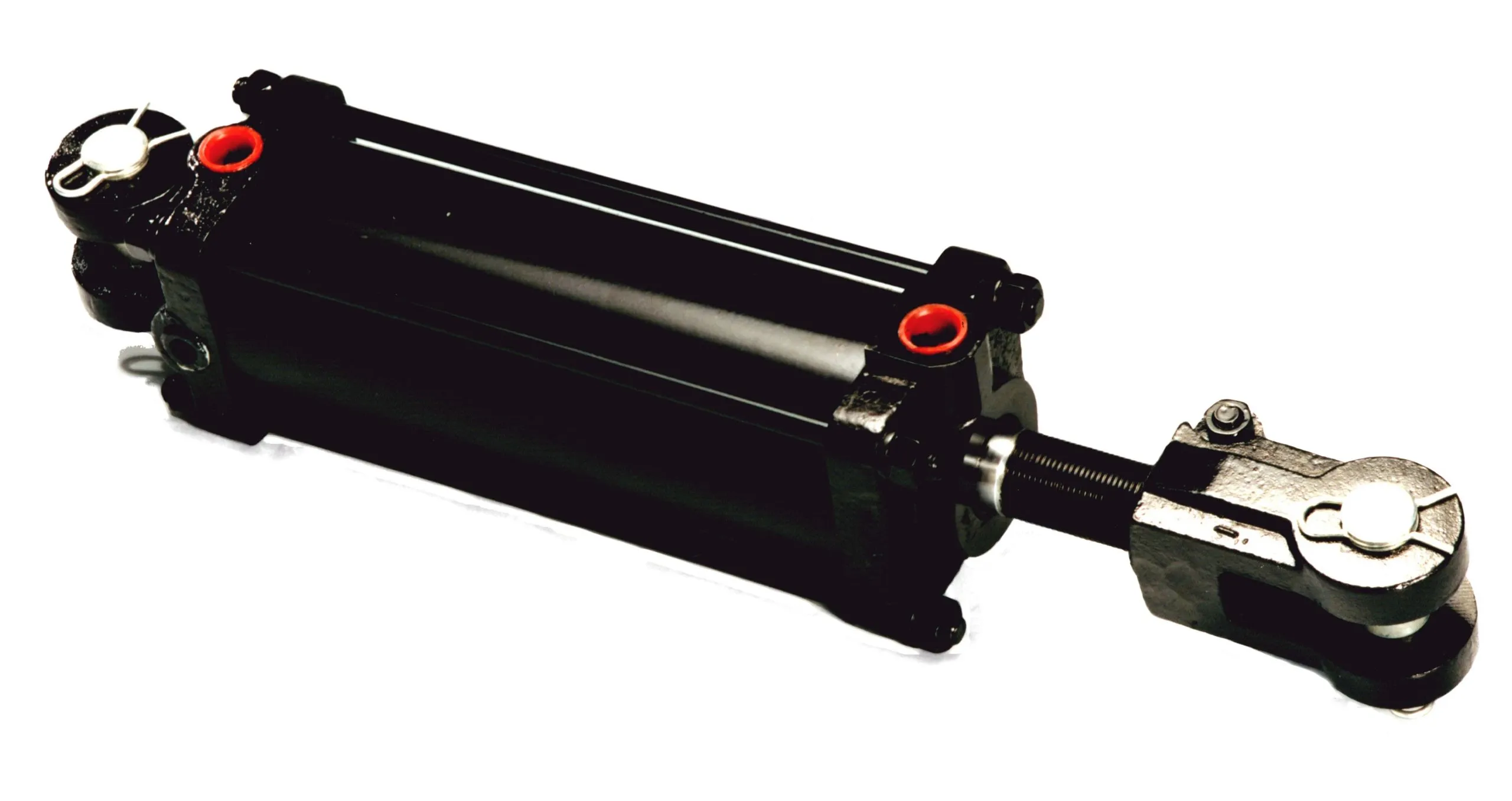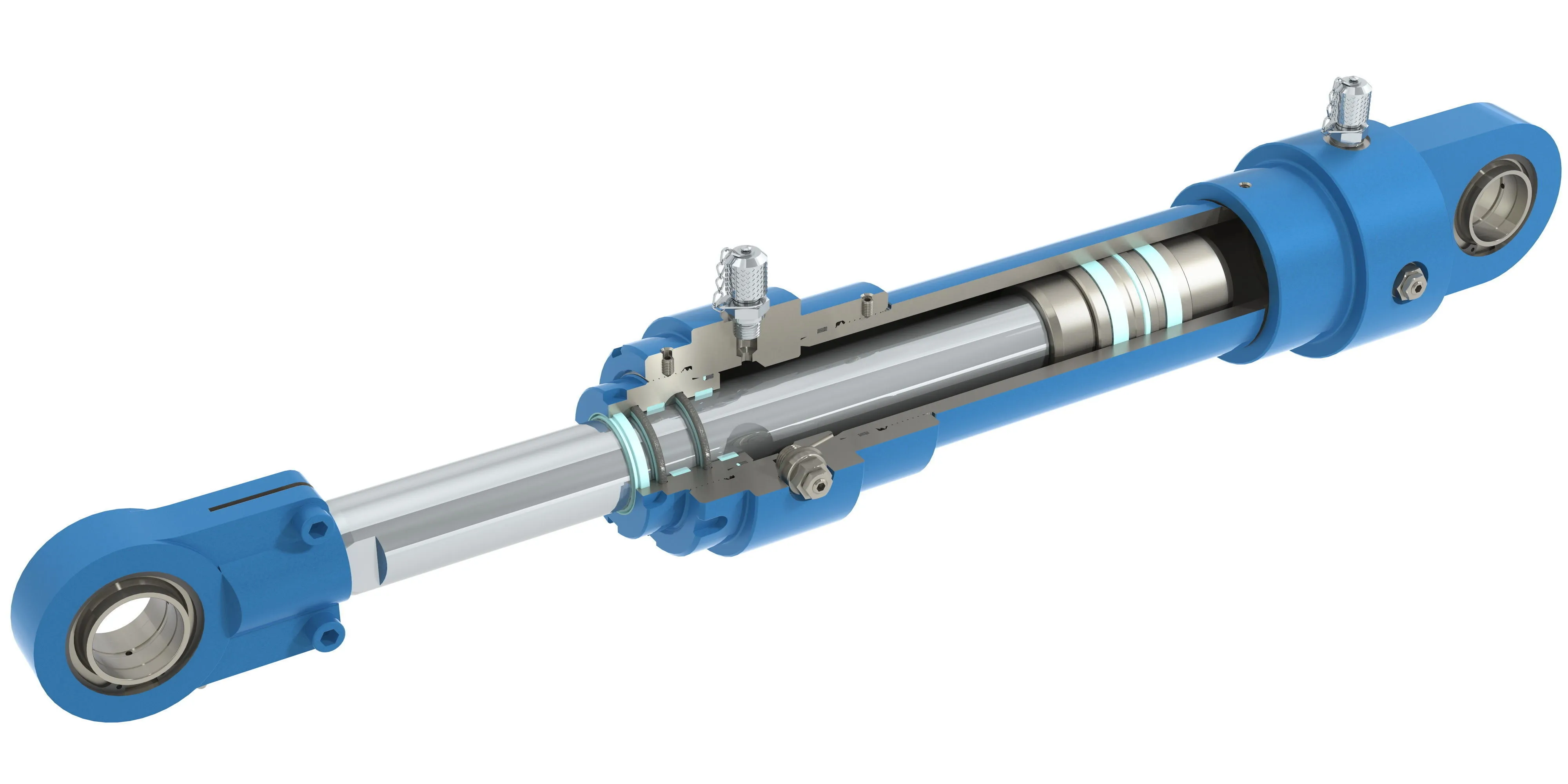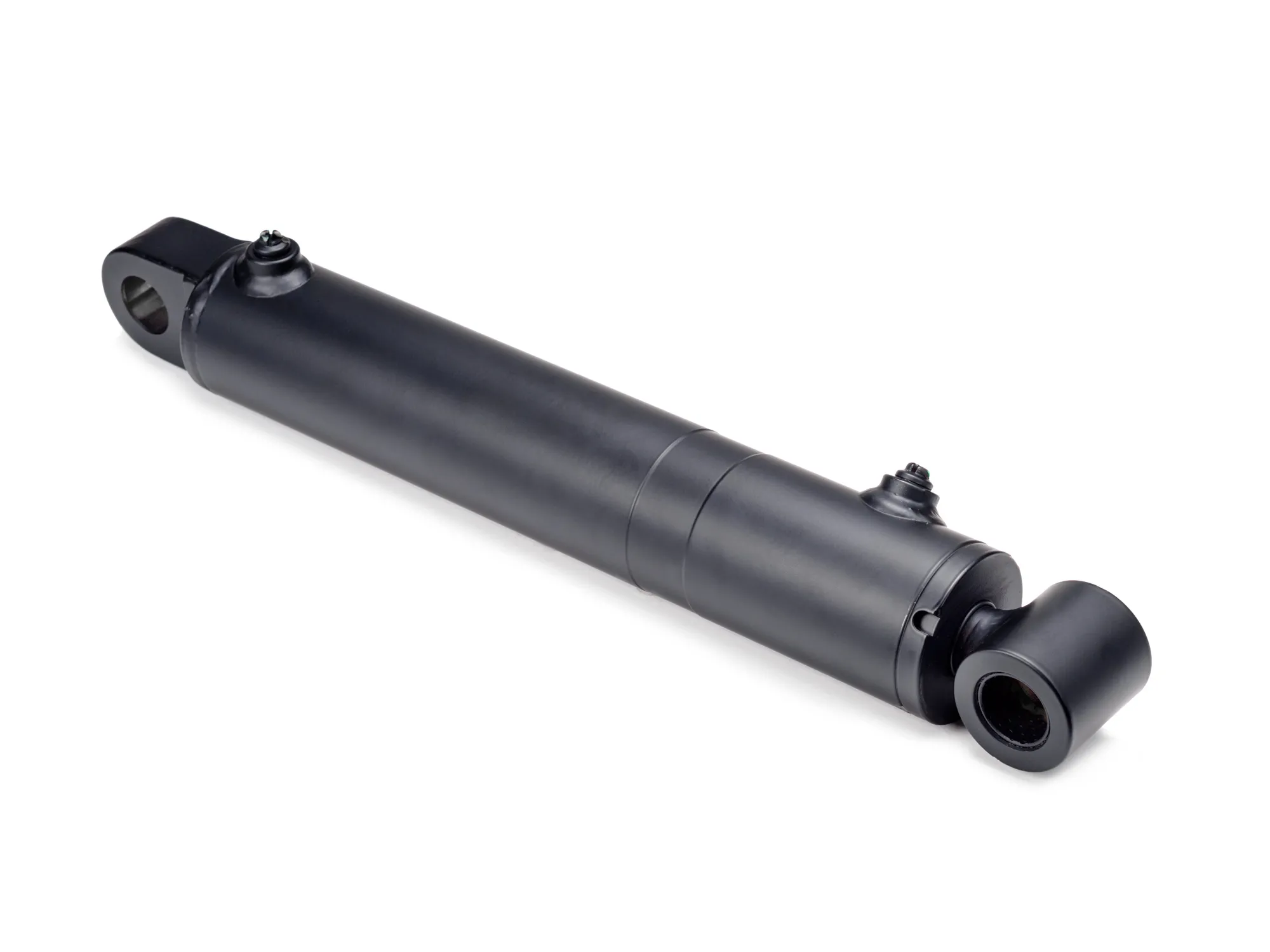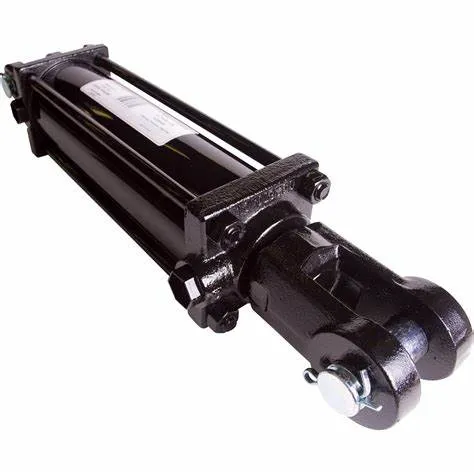The Role of Steel Welded Hydraulic Cylinders in the Hydraulic System
Steel welded hydraulic cylinders are crucial components in hydraulic systems that play a vital role in converting fluid power into mechanical force. These cylinders are designed to withstand high pressures and deliver precise movements, making them ideal for a wide range of applications in various industries.
Design and Construction Characteristics
Welded Process Description
Steel hydraulic cylinders are commonly welded using processes such as MIG, TIG, SAW, and laser welding. Each welding process has its unique impact on the final product, affecting factors like strength, durability, and overall quality.
Material Description
Various types of steel are used in the construction of hydraulic cylinders, including carbon steel, alloy steel, stainless steel, and more. The choice of material influences the performance and longevity of the cylinder, making it essential to select the right steel grade for the application.
Working Principle
The working principle of steel welded hydraulic cylinders involves the transfer of liquid force to generate motion, with the piston moving under pressure to perform the required workload. The sealing system ensures efficient operation, while pressure release mechanisms prevent overloading and ensure safety.
Types and Configurations
Steel welded hydraulic cylinders come in various types and configurations, including single-acting, double-acting, and telescopic cylinders. Each type offers unique advantages and is suitable for specific applications, providing versatility and reliability in hydraulic systems.
Advantages
- Strength and durability
- Cost-effectiveness
- Good corrosion resistance
- Excellent thermal conductivity
- Environmental protection

Performance Characteristics
Steel welded hydraulic cylinders are designed to withstand high working pressures, deliver rated forces based on size and pressure, and offer long service life with proper maintenance. Regular inspection, maintenance, and repair procedures are essential to ensure optimal performance and reliability.
Applications in Industries
Steel hydraulic cylinders are widely used in industries such as construction equipment, industrial machinery, agricultural equipment, material handling, military and defense vehicles, aerospace, marine applications, and more. These cylinders play a critical role in powering various machinery and equipment, providing efficient and robust hydraulic solutions.
Design Considerations and Selection Criteria
When selecting steel welded hydraulic cylinders, key considerations include bearing capacity, sealing, durability, safety, and maintainability. Understanding these factors is essential to choosing the right cylinder for the application and ensuring optimal performance and reliability.
Sealing and Lubrication

Proper sealing and lubrication of steel hydraulic cylinders are essential to prevent leakage and ensure smooth operation. Using high-quality seals and lubricants, as well as regular maintenance, can extend the service life of the cylinder and improve overall performance.
Maintenance and Troubleshooting
Regular inspection, proper lubrication, seal replacement, and calibration are essential maintenance tasks for steel hydraulic cylinders. By following recommended procedures and preventive measures, potential issues can be minimized, and the service life of the cylinders can be extended.
Safety Considerations

Ensuring safety measures when using steel hydraulic cylinders is paramount to prevent accidents and equipment damage. Following proper installation, maintenance, and operating procedures can help mitigate risks and ensure the safe and efficient operation of hydraulic systems.
Fault Diagnosis and Common Problems
Common issues with steel hydraulic cylinders include leakage, seal damage, piston rod wear, and pressure loss. By diagnosing problems early and addressing them promptly, potential damage can be minimized, and the performance of the cylinders can be restored.
FAQs
What welded processes are typically used for steel hydraulic cylinders?
Common welding processes for steel hydraulic cylinders include MIG, TIG, SAW, and laser welding, each offering unique advantages in terms of quality and performance.

How do steel welded cylinders compare to aluminum welded cylinders in terms of weight and strength?
Steel welded cylinders are generally heavier but offer superior strength compared to aluminum cylinders, making them ideal for applications requiring robust and durable hydraulic solutions.
What are some common applications for steel welded hydraulic cylinders in different industries?
Steel hydraulic cylinders are widely used in industries such as construction, industrial machinery, agriculture, material handling, military, aerospace, and marine applications, providing reliable and efficient power for various equipment and machinery.
Long Tail Keywords
- High-strength steel hydraulic cylinders
- Durable welded hydraulic cylinders
- Customized steel cylinders for specialized applications
Our Company
We are a leading hydraulic cylinder manufacturer specializing in steel welded cylinders for military and defense vehicles and equipment. With a complete product line, professional certifications, customized services, state-of-the-art production equipment, and dedicated after-sales support, we are committed to providing high-quality hydraulic solutions to our domestic and international customers.
Author: lyl
